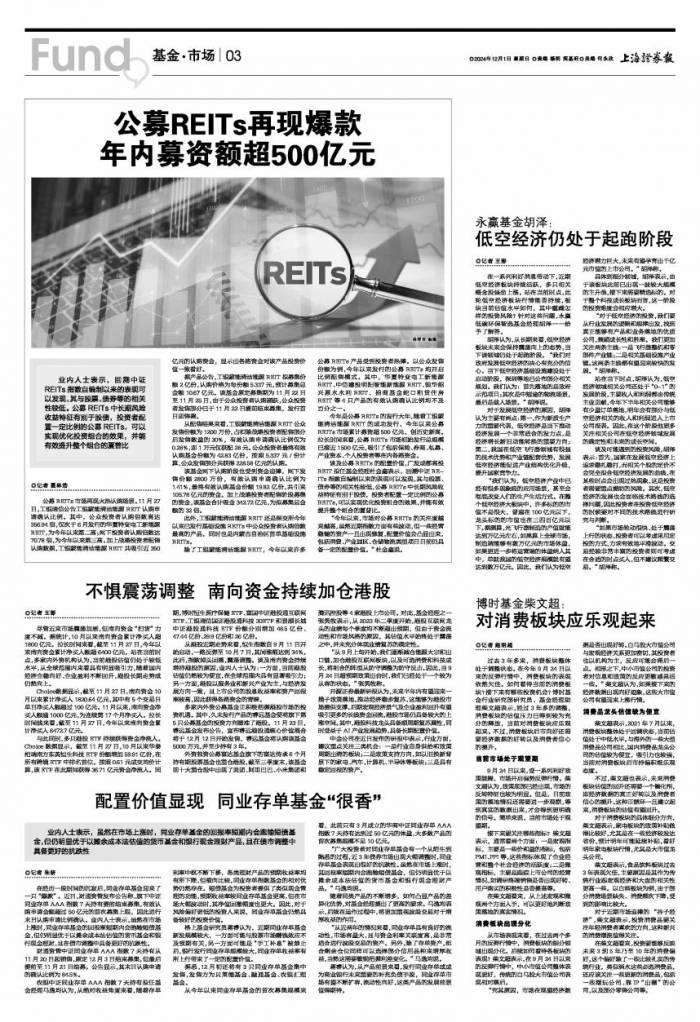In the vibrant landscape of capital markets, the phenomenon of mergers and acquisitions has always stood out as a glittering flower that captivates investors and analysts alike. This allure, however, is often accompanied by the stories of struggles, failed attempts, and the arduous journeys companies face in reviving their fortunes. A striking example of this is Jiangsu Nanjing Fiber Optic Co., Ltd., a once beleaguered entity that has astonishingly emerged from the depths of financial despair to achieve spectacular gains in the stock market.
Just over five months ago, the whispers in the financial corridors were rife with skepticism about Nanjing Fiber Optic. The company had suffered significant losses for three consecutive years, leading many to question its viability and future. Yet, as of November 29, the narrative shifted dramatically. Nanjing Fiber Optic’s stock price surged, hitting a daily limit increase, closing at 18.17 CNY per share—an impressive 9.99% rise—leading to a total market valuation of approximately 6.657 billion CNY. This marked the company’s tenth consecutive limit-up trading day since November 18, a phenomenon that sparked lively discussions among investors online.
The social media buzz was palpable, with some enthusiasts dubbing the stock as “the perennial star” and forecasting “40 limit-ups” in sheer excitement, ready to dive in when trading resumed. Yet, there were cautionary voices warning about the potential for a steep drop as profit-takers might flood the market at the first opportunity. Regardless of the future trajectories of Nanjing Fiber Optic's stock, the sheer achievement of ten consecutive limit-ups is worth celebrating and analyzing.
The backdrop to this remarkable stock performance paints a stark contrast. Established in 1996, following a significant transition from a state-owned factory to a publicly traded company, Nanjing Fiber Optic once thrived in its domain, producing viscose staple fibers, polyester structural cores, and ecological water replenishment technologies. However, performance had been volatile, with profits oscillating from hundreds of millions to mere millions. Most notably, after a disastrous loss of 303 million CNY in 2017, the company experienced a brief recovery before spiraling back into losses again, culminating in a staggering 1.59 billion CNY loss by the third quarter of this year—64.28% worse year over year.
So, what catalyzed Nanjing Fiber Optic's sudden turnaround? The answer lies in a strategic maneuver announced on November 2, which involved complex asset restructuring aimed at acquiring a controlling stake in Nanjing Craft Co. The company declared plans to engage in asset exchanges and issue shares in a move intended to revamp its core operations. This momentum initiated trading halts starting November 4, with the stock roaring back to life following a detailed announcement on November 16 regarding the significant asset swap and fundraising efforts associated with the deal.
The core of this major reorganization aims to transition Nanjing Fiber Optic into the more lucrative field of rolling functional components, significantly altering its operational scope. The deal requires precise coordination of three interlinked segments, with potential approval setbacks posing a risk to the entire transaction. The first step involves exchanging all of Nanjing Fiber’s current assets and liabilities with equivalent portions of Nanjing Craft’s 52.98% stake held by its controlling shareholder, New Craft Investment Group. Furthermore, Nanjing Fiber plans to issue new shares to this shareholder to cover additional value imbalance during the transaction.
Moreover, the remainder of the stake in Nanjing Craft will be acquired by offering shares and cash to a consortium of 13 potential buyers and investors. The company plans to raise up to 500 million CNY in an equity financing round, with significant participation expected from its controlling shareholder, ensuring robust financial backing for the upcoming venture.
Nanjing Craft, significantly, possesses over 60 years of experience in rolling component manufacturing and has honed its focus on ball screw products since 1983, establishing dominance with an impressive 8% market share in this niche in China. With projections suggesting that the market for ball screws in humanoid robotics could surpass 22.9 billion CNY by 2030, the acquisition positions Nanjing Fiber Optic for potential growth despite the intrinsic risks of such industry shifts.
Interestingly, recent figures indicate Nanjing Craft's steadily increasing revenues, totaling 459 million CNY, 494 million CNY, and projected revenues of 251 million CNY for the first half of 2024, alongside healthy net profits in recent years. This paints a promising future, inviting speculation about the robustness of Nanjing Fiber Optic’s potential post-merger.
Yet, it is essential to acknowledge that acquisitions, while potentially lucrative, are fraught with past lessons—one notable instance being Nanjing Fiber’s disastrous 2020 acquisition of a 51.91% stake in Shanghai Yueke for 389 million CNY, which resulted in unforeseen performance drops post-acquisition. The demise of expected synergies can lead companies into further challenges, illustrating that success in the immediate aftermath of acquisition does not guarantee long-term sustainability.
As Nanjing Fiber Optic navigates its new identity and integrates with Nanjing Craft, the real question lingers: how will the transition unfold, and what will the market response be once trading resumes? Will the stock continue to escalate, or will it experience the highs and lows typical of speculative trading linked to restructuring events? Furthermore, investors and market watchers are left to ponder the next potential “Nanjing Fiber Optic," waiting for the next story of resurrection in this ever-dynamic capital market landscape.






























Leave a Comment